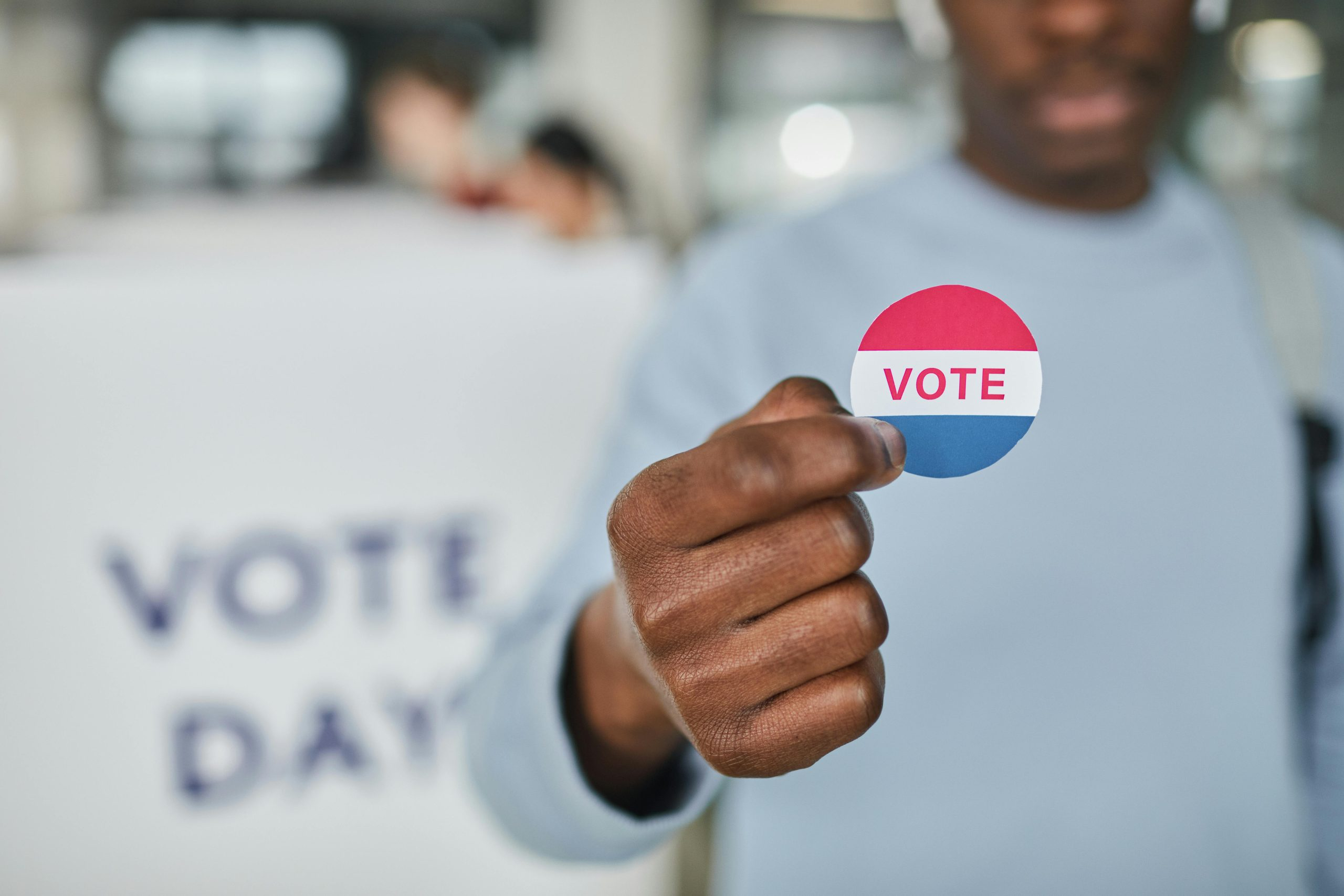Voting Rights and Election Laws: Ensuring Democratic Fairness
The foundation of a democratic society lies in the fair and equal representation of its citizens. This is achieved through the fundamental right to vote in free and fair elections. However, the issue of voting rights and election laws has been a contentious topic, with debates surrounding the need for voter protection and the prevention of voter fraud. As our society grows and evolves, it is imperative that we ensure democratic fairness and uphold the sanctity of our electoral processes. In this article, we will explore the importance of voting rights and election laws in ensuring democratic fairness for all citizens.
The History of Voting Rights
The United States has a long and rich history of battling for the right to vote. Originally, only white male property owners were allowed to vote, leaving women, people of color, and those who did not own property without a voice in the democratic process. It wasn’t until 1870, with the ratification of the 15th Amendment, that African American men were granted the right to vote. However, this did not include women or other minority groups.
It wasn’t until 1920, with the ratification of the 19th Amendment, that women were granted the right to vote. This was a huge step forward in the fight for equal representation and paved the way for future generations to exercise their right to vote. In 1965, the Voting Rights Act was signed into law, prohibiting racial discrimination in voting and protecting the rights of minority voters. This was a watershed moment in the fight for voting rights and marked a significant shift towards ensuring democratic fairness.
The Problem with Voter Suppression
Despite the progress made in securing voting rights for marginalized groups, voter suppression still remains a major issue in our country. Voter suppression refers to any tactic used to discourage or prevent certain groups of people from exercising their right to vote. This can include restrictive voter ID laws, gerrymandering, and voter intimidation.
Voter ID laws, requiring voters to present a form of identification when casting their ballots, have been a hot topic in recent years. Proponents of these laws argue that they prevent voter fraud and ensure the integrity of the electoral process. However, studies have shown that these laws disproportionately affect minority and low-income voters, who may not have access to the necessary forms of identification. This effectively disenfranchises these groups and undermines the principle of democratic fairness.
Gerrymandering, the manipulation of voting district boundaries to benefit a particular political party, also poses a threat to fair elections. This practice often leads to unequal representation and can weaken the voices of certain groups of voters. Similarly, voter intimidation, such as the placement of armed security at polling stations or the spreading of misinformation, can also deter certain groups from participating in the electoral process.
The Need for Election Laws
In order to combat voter suppression and ensure democratic fairness, strict election laws must be in place. These laws should aim to protect the right to vote for all citizens, regardless of race, gender, or socioeconomic status. This includes implementing measures to make voting more accessible, such as allowing for early voting, automatic voter registration, and expanding voting hours.
Election laws should also address the issue of gerrymandering and work towards creating fair and competitive voting districts. This can be achieved through independent redistricting commissions and transparency in the redistricting process. Additionally, steps should be taken to prevent voter intimidation, such as enforcing laws against voter intimidation and educating the public on their voting rights.
The Role of Technology in Ensuring Fair Elections
In the digital age, technology plays a crucial role in ensuring fair and secure elections. Online voter registration and voting, although not yet widely implemented, can make voting more accessible for individuals who may have difficulty physically getting to a polling station. Electronic voting machines can also help prevent inaccuracies and errors in the voting process.
However, with the rise of technology, there is also the potential for cyber attacks and tampering with election results. Therefore, it is essential to have strong cybersecurity measures in place to protect the integrity of our elections. This includes regular security audits, encrypted data, and backup systems in case of any disruptions.
In Conclusion
Voting rights and election laws are vital components of a fair and functioning democracy. They ensure that every citizen has an equal say in the decision-making processes of our government. It is essential to continue the fight against voter suppression and uphold the principles of democratic fairness for the betterment of our society. As we move towards a more technologically advanced world, it is important to adapt and modernize our election systems while also prioritizing the protection of voting rights. Only by taking these steps can we truly ensure equal representation for all in our democratic society.










